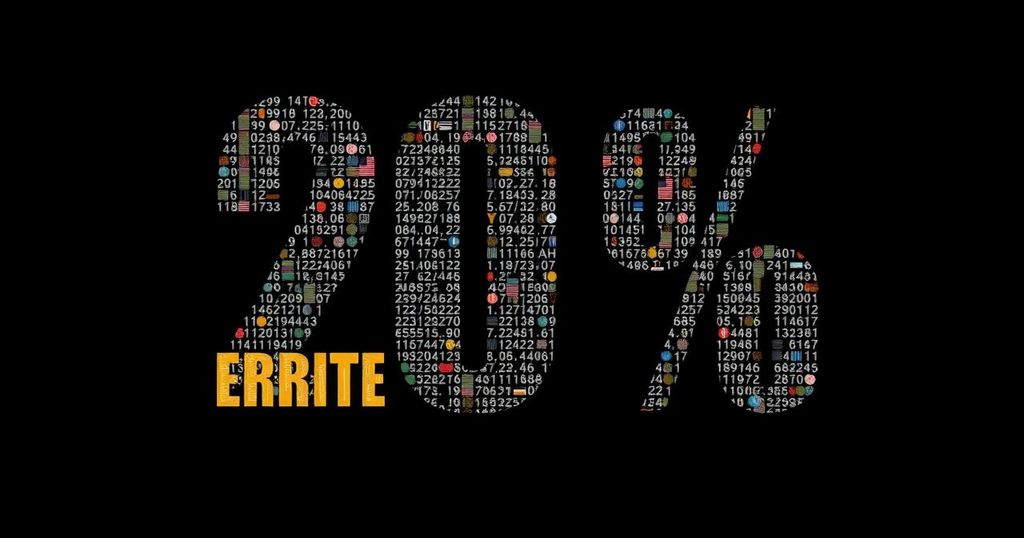Japan Explores Flat 20% Tax Rate on Cryptocurrency Profits
Japan is currently considering significant modifications to its tax regulations concerning cryptocurrency investments. The Financial Services Agency (FSA), the country’s financial overseer, has proposed implementing a flat 20% tax rate on profits derived from crypto trading. This proposal aligns cryptocurrency tax treatment with that of traditional financial assets such as stocks, thereby simplifying the tax framework for digital investments.
The initial suggestion was part of a tax reform request submitted by the FSA on August 30. This initiative seeks to reclassify cryptocurrencies as financial assets and legitimate investment opportunities for the general populace. According to the FSA’s report, adopting this new tax rate could enhance the attractiveness of digital assets for retail investors, primarily by alleviating the complexities associated with the existing tax obligations.
Currently, the Japanese tax system classifies earnings from cryptocurrency under “miscellaneous income,” which imposes a progressive tax rate ranging from 15% to 55%, contingent upon an individual’s overall income. This means that investors with earnings exceeding approximately $1,377 (200,000 Japanese yen) face higher tax rates, creating a deterrent effect for many potential retail investors. Conversely, gains from equity trading benefit from a capped tax rate of 20%.
In addition, the current tax obligations for corporate investors in cryptocurrencies stipulate a uniform 30% taxation on holdings, irrespective of profit from sales. The FSA’s reform proposal seeks to rectify these discrepancies, offering relief to both individual and corporate investors and fostering a more favorable investment atmosphere for cryptocurrencies in Japan.
The tax reform process in Japan involves multiple procedural steps. Requests made by government ministries, such as the FSA proposal, are directed to the ruling political party. These proposals are then evaluated by a research committee before being presented to the national legislature, where they require approval from both the House of Representatives and the House of Councilors to be enacted into law.
The advocacy for tax reforms in Japan’s cryptocurrency sector has been persistent. In 2023, the Japan Blockchain Association (JBA) promoted a flat 20% tax rate along with provisions allowing loss carryovers to stimulate growth within the industry. However, previous proposals have not resulted in substantial policy advancements.
In a related context, the Governor of the Bank of Japan (BOJ), Kazuo Ueda, recently indicated the central bank’s readiness to continue adjusting interest rates in accordance with economic performance and inflation rates. His statements have fostered expectations among economists regarding an impending interest rate increase, with a significant portion anticipating that such an action could occur by the end of the year.
In conclusion, the proposed tax reform on cryptocurrency profits in Japan signifies a pivotal shift towards recognizing digital assets as valuable components of the financial landscape, potentially enhancing participation in the sector.








Post Comment